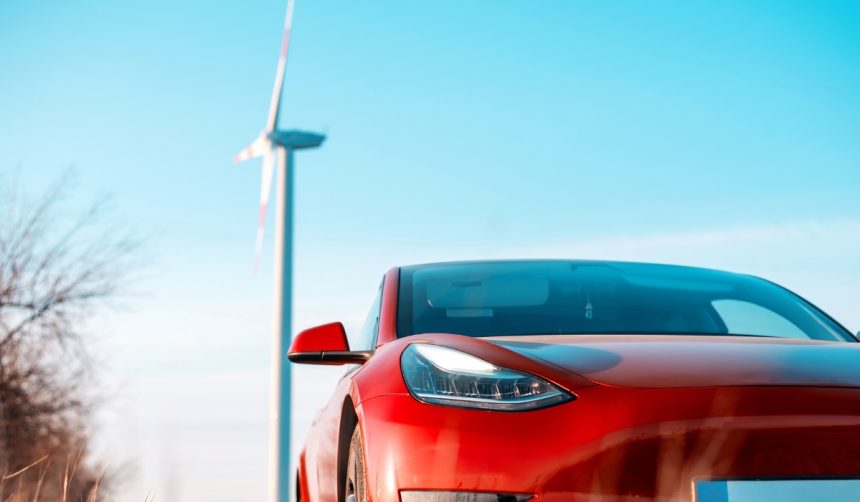Recent discussions highlight Elon Musk’s concerns about his influence over Tesla, Inc., especially as the company advances its ambitions in artificial intelligence and robotics. Many investors observe Musk’s desire for increased voting control as a reflection of deeper tensions between company leadership and activist shareholders. The future leadership structure of Tesla could reshape its business trajectory and impact ongoing projects, such as the expansion of Tesla’s AI and robotics portfolios. Stakeholders on all sides are watching closely as Musk weighs his next steps.
Events over the past few years reveal that disputes about Musk’s compensation and voting rights are a recurring issue. A compensation package approved by shareholders in both 2018 and 2024 was later blocked by a Delaware court, raising questions about the influence of judicial oversight versus shareholder intentions. Earlier news coverage largely focused on the financial scale of Musk’s pay, but recent developments have shifted the narrative toward the balance of decision-making power at Tesla. Shareholder engagement in company governance is more prominent than before, while public questions about Musk’s continued leadership persist. These contrasts underscore how the conversation has evolved from pure compensation talk to fundamental debates around corporate control and accountability.
Why Is Musk Seeking More Voting Influence?
Elon Musk holds roughly a 12.8 percent share in Tesla, but he has indicated this position does not allow for sufficient leadership authority considering Tesla’s scale and technological direction. He states his preference for holding a stake near 25 percent, which he considers adequate for impactful decision-making without preventing shareholders from overruling him if necessary.
I am uncomfortable growing Tesla to be a leader in AI & robotics without having ~25% voting control. Enough to be influential, but not so much that I can’t be overturned.
Musk has publicly expressed that if unable to secure this level of influence, he may consider focusing on technology efforts outside of Tesla.
What Are Stakeholders Saying About the Vote?
Shareholder votes have demonstrated significant support for Musk’s compensation, but external factors have interfered. The Delaware court’s repeated rejection of his pay package, citing the scale as excessive, underlines the ongoing scrutiny Tesla faces regarding executive compensation. Despite widespread backing from shareholders for Musk’s pay and leadership, there remains a fear among some that legal or political action could diminish Musk’s stake, possibly prompting his exit. The recent earnings call furthered these concerns, as Musk voiced unease over potential ousting by activist investors, stating,
It is worrying in that I don’t want to build millions of robots and then potentially be ousted by activists…
Could Musk Depart from Tesla If Control Is Not Increased?
The notion that Musk could leave Tesla if his influence continues to be challenged is being taken seriously by investors and industry watchers. Although the majority of shareholders continue to support him, Musk has made clear he would prefer to adjust his involvement or seek opportunity elsewhere if his strategic direction is threatened by insufficient control. His current voting right options enable only a marginal increase after taxes, emphasizing the ongoing gap between his preferred and actual influence. This dynamic adds uncertainty to Tesla’s leadership and raises concerns that major projects might lose momentum without Musk’s input.
Tesla faces a pivotal moment as Elon Musk’s efforts to secure a larger voting share reflect not just personal preference, but the increasing complexity of corporate governance for major technology firms. The intersection of judicial decisions, shareholder preferences, and executive influence at Tesla is emblematic of challenges confronting many large companies with charismatic leaders. For observers and shareholders alike, understanding the implications of voting rights and compensation battles is critical, as these issues may shape not only the company’s operations but also investor confidence. More broadly, the situation is a reminder that power balances in public companies can shift rapidly, influenced by legal rulings, market perceptions, and evolving governance norms.
- Musk wants 25% Tesla voting control to guide its future strategies.
- Judicial and shareholder actions complicate his compensation and authority.
- Tesla’s leadership stability remains uncertain amid these ongoing debates.










